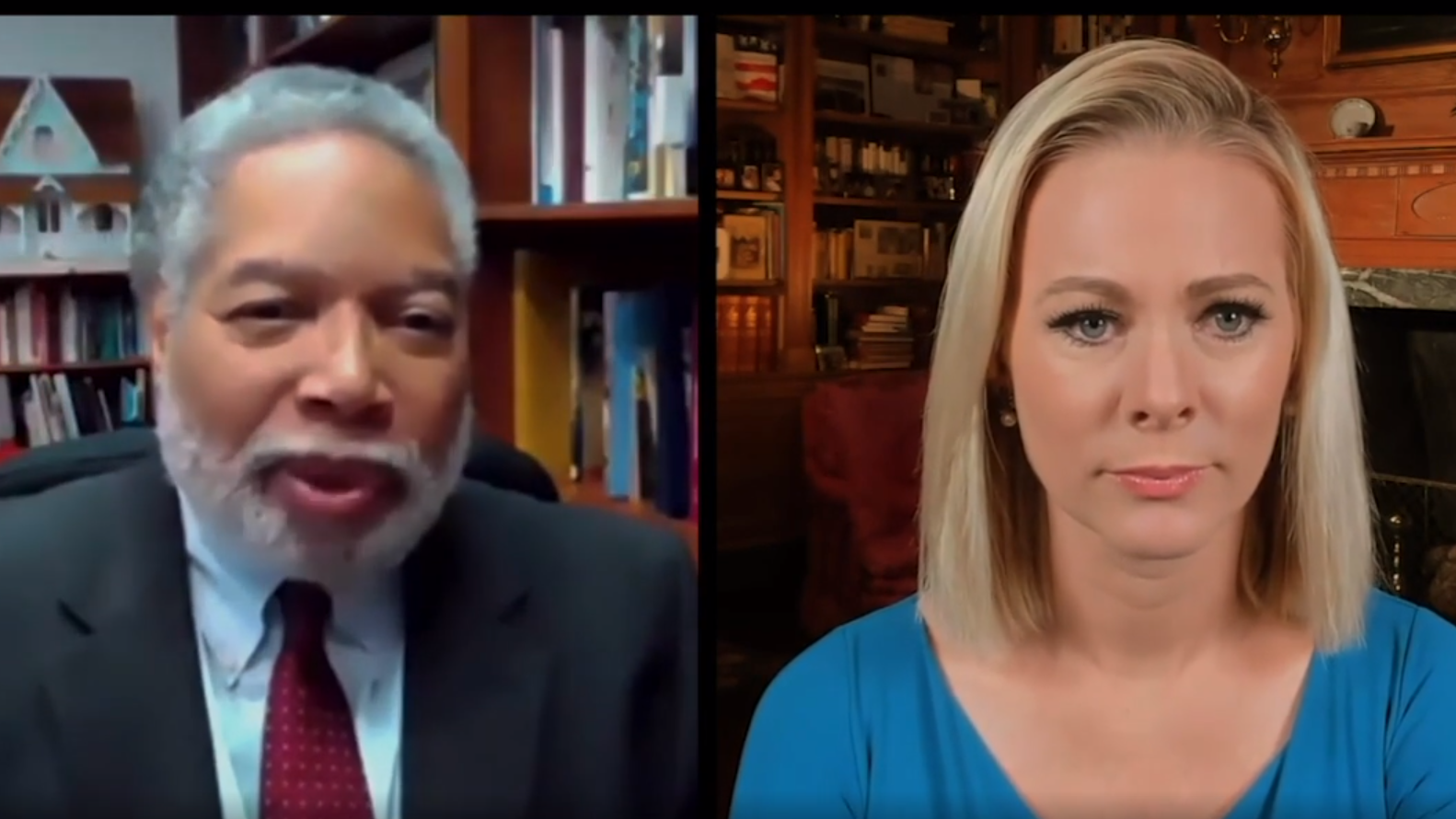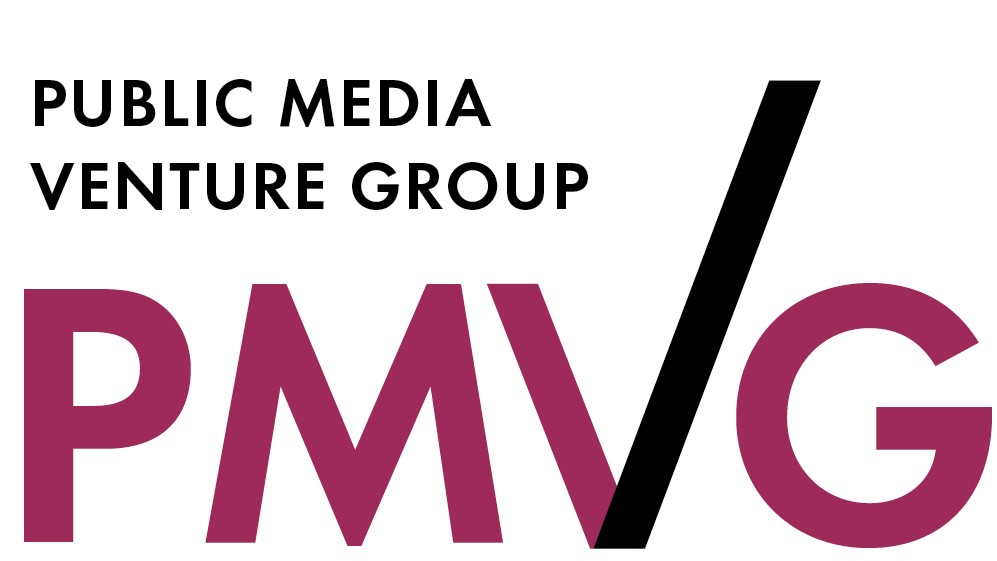Broadcasters’ Efforts to Increase DEI Are Steps Toward Future Success
WXXI shares how it is taking steps to increase diversity, equity and inclusion

The professional video industry's #1 source for news, trends and product and tech information. Sign up below.
You are now subscribed
Your newsletter sign-up was successful
WASHINGTON—The efforts toward greater diversity, equity and inclusion (DEI) that have emerged across the country following the killing of George Floyd last summer are not just morally responsible decisions, but are also forward-thinking steps toward success. This was a key point in a discussion on DEI during the APTS 2021 Public Media Summit.
APTS conducted several DEI-focused sessions on Feb. 22 that detailed how public media as a whole can benefit from steps for greater inclusion, as well as how a specific station is working toward these goals.
First, during a discussion with Lonnie G. Bunch, secretary of the Smithsonian Institution and founding director of the Smithsonian Museum of African American History and Culture, “Firing Line” host Margaret Hoover provided statistics from the American Public Media Group that showed only 23.1% of executives and senior managers in media are black, indigenous or people of color. Later, in the “Diversity, Equity and Inclusion Initiatives to Strengthen Service Station” session, Nikki Bethel, president and CEO of the Emma Bowen Foundation, said that RTDNA’s most recent newsroom diversity report showed that just 7.1% of general managers at broadcast stations are people of color, down from 10.3% in 2019.
However, as Bunch noted, more often than not the companies that are among the top in diverse leadership also see some of the strongest economic growth.
“So in many ways the key is to recognize that having a diverse leadership is about being right, being moral, but it’s also about being successful,” said Bunch. “And I think as long as people can begin to realize that is the key to their success of their business in the future, I think that’ll be one of the ways that it will happen.”
In introducing the “Diversity, Equity and Inclusion Initiatives” session, Milton Clipper, founder of Clipper and Co. and president emeritus of Public Broadcast Atlanta, said that more companies are making a commitment to DEI because they see the “long-term financial stability by harnessing the top-down strategic power of diversity, equality and inclusion,” as well as being recognized as vital parts of their communities social fabric.
PLUS: CPB Increases Funds for Media Groups Producing Diverse Content
The professional video industry's #1 source for news, trends and product and tech information. Sign up below.
During this session, WXXI, which serves Rochester, N.Y., provided specific examples of how it has been working to increase its DEI practices. One example was the creation of a Diversity, Equity & Inclusion Council, and within that “Change Teams” focused on capacity (policies to attract and engage with a diverse work group), content, community engagement and structural integrity, i.e. ensuring those that they do business with have similar policies.
WXXI has also offered its employees listening sessions to openly discuss their experiences, a DEI online channel, DEI Book Club and the station took part in a 21-day Racial Equity Challenge within its community.
Even with these promising steps, WXXI recognizes that DEI needs to be an ongoing mission.
“I liked to see two, three, even five years from now that continued commitment,” said Ajamu Kitwana, a board member for WXXI. “This isn’t the type of effort that is going to be achieved in a year or two. I think we’ll be a lot better at it three years from now. But we should still be committed to it and hopefully we’ll have several successes to look back on that we feel really good about, and probably some other things that we look back on and [realize] we’re really learning and getting even better as we move forward.”
“Now and in the future, public media will depend on a more diverse audience for viewership and support,” Clipper added. “With generational changes and new managers entering the system, public media has an opportunity to position itself as a leader of the successful utilization of diversity, equity and inclusion.”
Recordings of these APTS Public Media Summit diversity sessions are available online.
